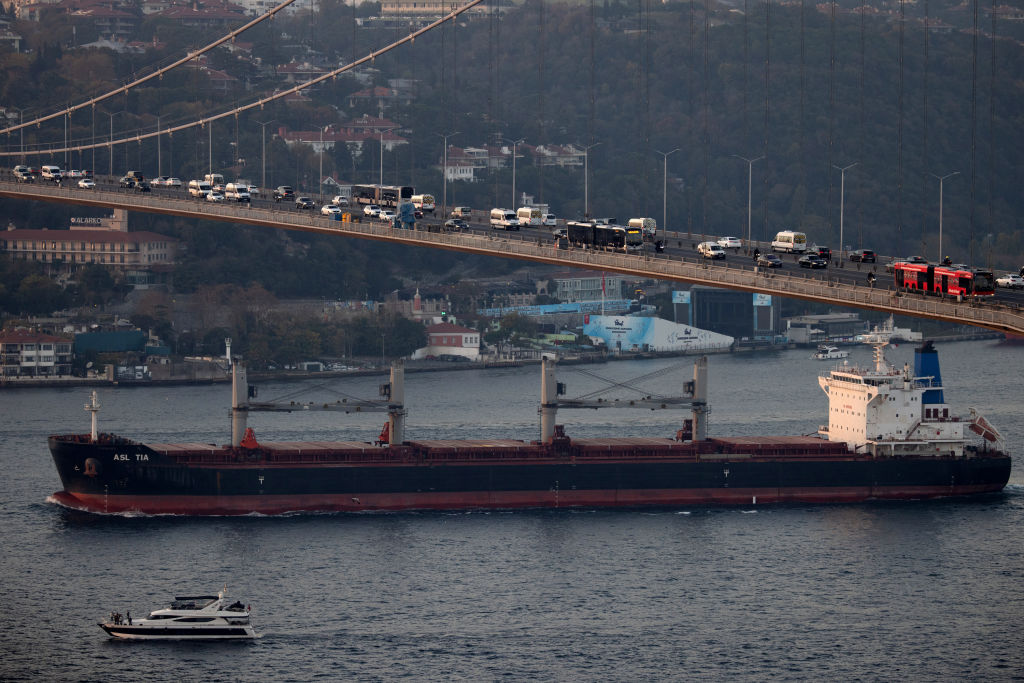Earlier this week, Vladimir Putin declared an end to the deal allowing Ukraine to export its grain to the world. This threatened to send prices surging, with a potentially devastating impact on world hunger. But his bluff was called. Turkey, Ukraine and the UN held talks and continued a deal without Russia – and three days later, Putin returned to the agreement. Why? And what does this tell us about Russian vulnerabilities?
The trigger for Putin pulling out was a drone strike on Russian ships near Sevastopol last Saturday. This was devastating for Moscow: until recently, Ukraine simply didn’t have such military capabilities. Now, suddenly, it does. Volodymyr Zelensky did not claim responsibility but local reports said the drone attack was led by Vasyl Malyuk, the head of Ukraine’s secret service. Putin’s navy looks like a sitting duck, with more strikes inevitable. As one Ukrainian analyst put it: ‘The idea of attacking the enemy’s fleet in a protected harbour is not new – it happened in Pearl Harbor.

Britain’s best politics newsletters
You get two free articles each week when you sign up to The Spectator’s emails.
Already a subscriber? Log in







Comments
Join the debate for just £1 a month
Be part of the conversation with other Spectator readers by getting your first three months for £3.
UNLOCK ACCESS Just £1 a monthAlready a subscriber? Log in